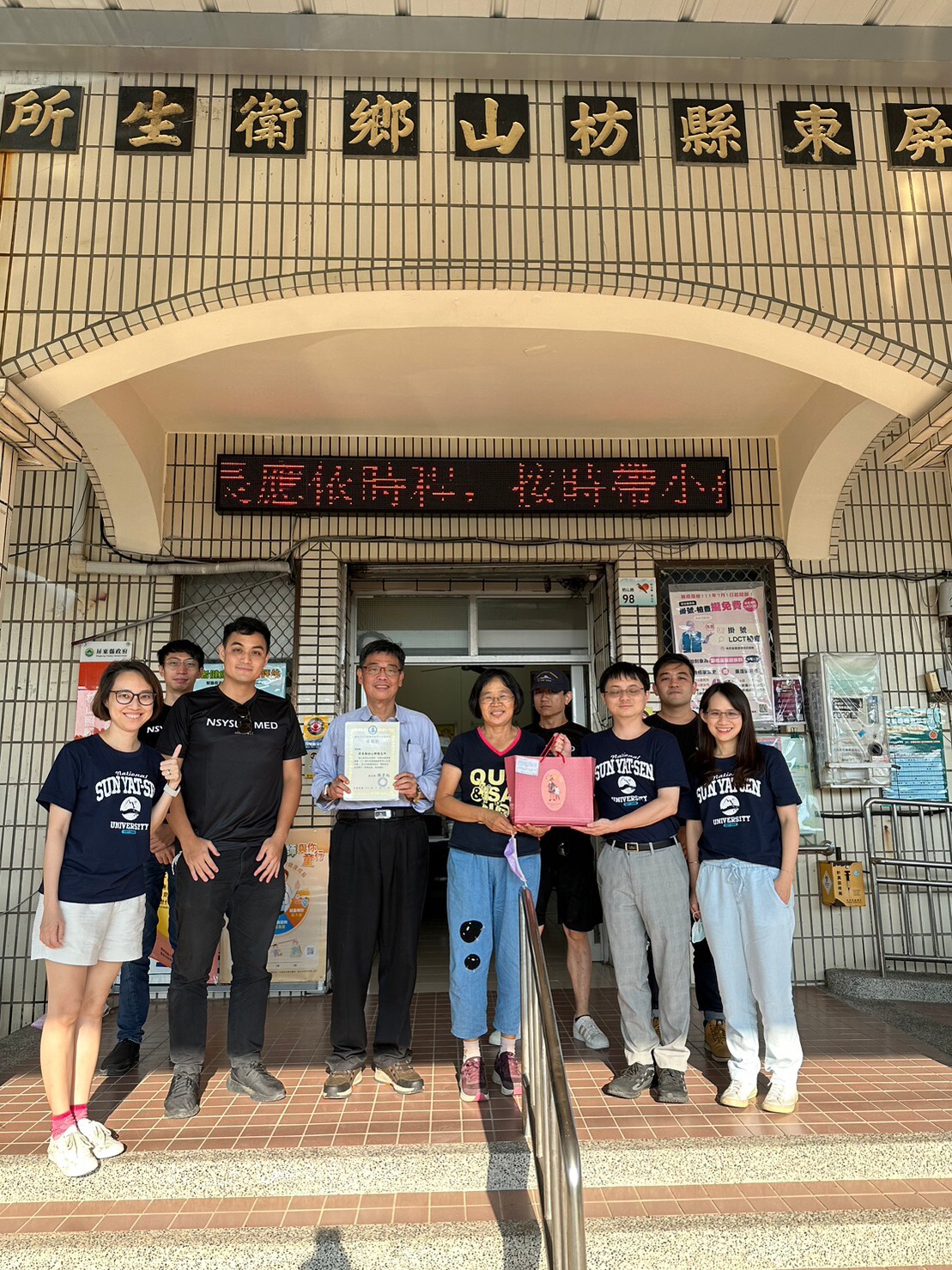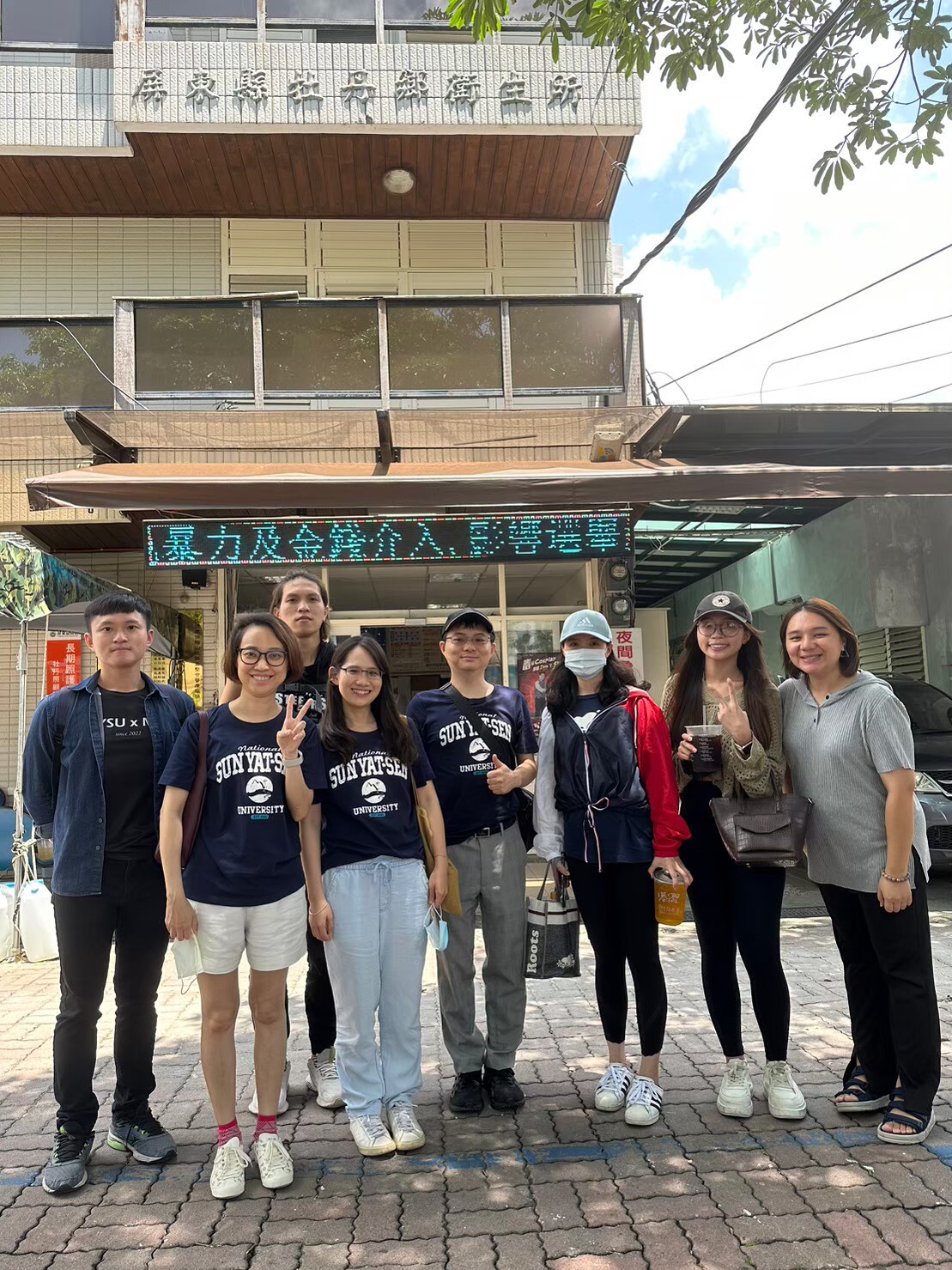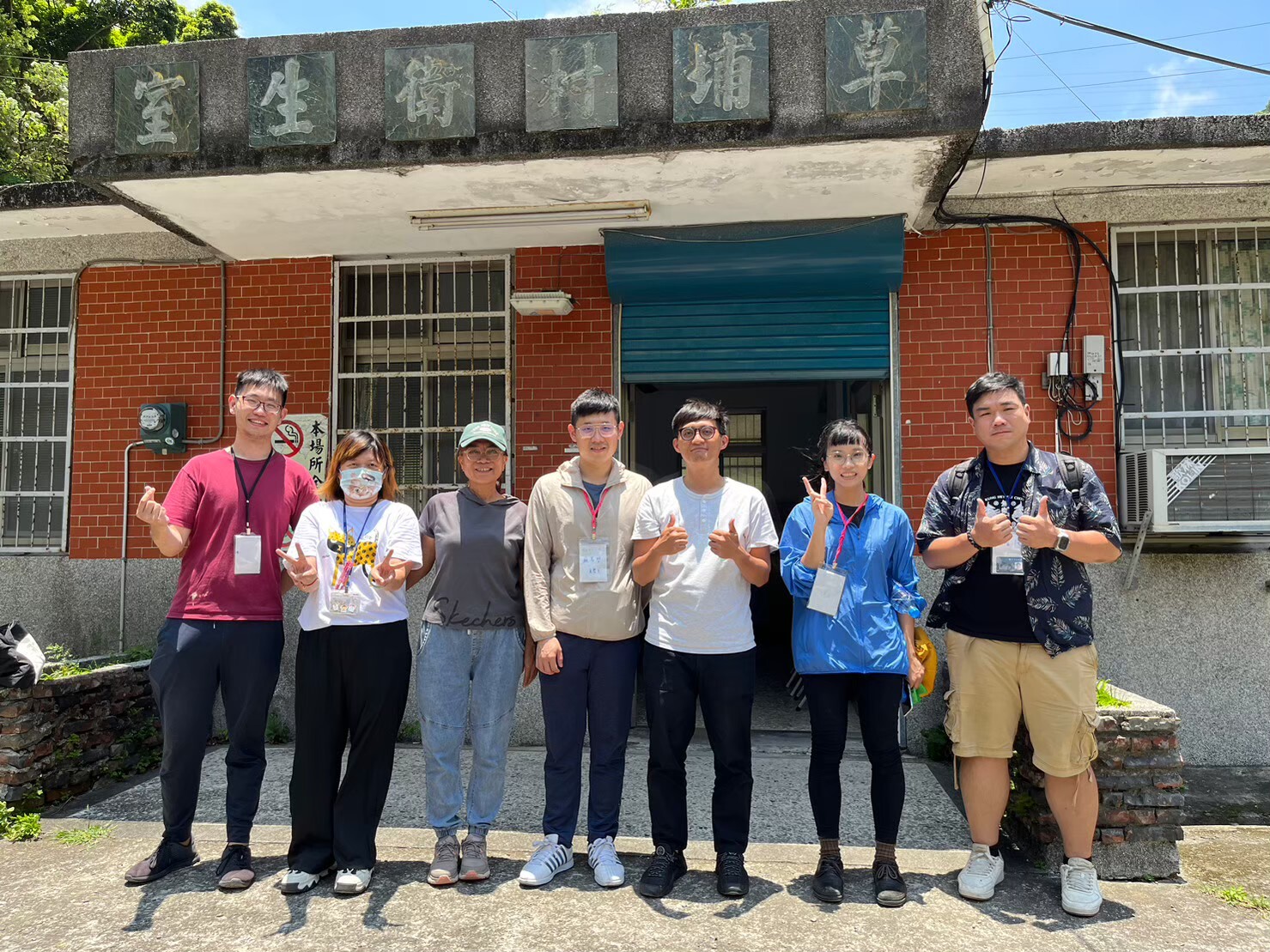Communities Services
The curriculum design for the post-bachelor's medical program includes a requirement for students to complete 100 hours of remote area communities service learning with no credit value before graduation. The department offers a series of service courses or opportunities aligned with the Ministry of Education's University Social Responsibility (USR) initiative. The service targets may encompass community, medical or social welfare organizations, and academic research institutions. Students are required to submit a service learning plan no later than the end of their first year, and guidance is provided by medical school faculty. For the academic year 2022, service learning was arranged in areas with limited medical resources in the southern region of Pingtung County and on the West Island of Penghu County.
The NSYSU has established the "Social Engagement Center" as a primary unit, with the president serving as the director. Faculty and students are actively engaged in rural and indigenous areas, collaborating with local governments and community organizations to promote "Marginalized Community, Identity Reconstruction" and "Local Heritage, Cross-Border Innovation" initiatives. Following the establishment of the post-bachelor's medical program, the School of Medicine, in collaboration with the College of Management, jointly applied for the Ministry of Education's University Social Responsibility (USR) project under the "Local Regeneration Ferrying Project."
The community medical internship integrates existing USR project resources, allowing medical students to rapidly and deeply immerse themselves in local cultures and residents' lives. This approach aims to cultivate a multicultural perspective, public awareness, and altruistic spirit among medical students. Simultaneously, it effectively integrates the expertise of professionals from various local fields, promoting the realization of "holistic healthcare." On another note, the community medical internship seeks to develop the ability of medical students to transform community knowledge into academic knowledge, strengthening the connection between medical students and rural areas as well as their professional expertise.
The NSYSU Medical College collaborates with the College of Management to implement the University Social Responsibility (USR) initiative.
The College of Medicine of NSYSU has also established the Maxwell Volunteer Medical Team, aiming to deepen students' professional training in remote area service and provide opportunities for service learning.
In this service learning course, students have the opportunity to apply their acquired knowledge and communication skills, and they are required to independently plan health education activities. Our medical program emphasizes humanistic qualities and collaborative communication. Throughout the process, students need to coordinate with health center physicians, nursing staff, the general public, and handle logistics such as accommodation and transportation arrangements. Students affirm the effectiveness of this course, acknowledging the rare experiences of interacting with rural physicians and nursing staff, as well as engaging with the local elderly, children, and indigenous communities.
This activity provides a unique learning experience outside the school environment. From the pre-event planning, equipment preparation, activity rehearsals, workshop learning, communication with the health center coordinator, to the actual leadership in activities such as singing and dancing with the elderly, interactive games with children, assisting in health check-ups, and learning about various tasks at the health center, every process, every segment, and every moment becomes an opportunity for students to feel a sense of excitement, emotion, and accomplishment—exactly what this service learning course aims to instill in students.
In the academic year 2022, as part of the service learning in remote health centers, 16 students went to Pingnan, and 7 students went to Penghu. Students gained insights into the differences in the work content of each health center. For example, in remote areas such as Mudan and Sisigu Townships, there are mobile medical units, but in the general townships, there are none. The timing of the internship and whether it coincided with home visits, as well as the overall busyness of the health centers, contributed to varying impressions among students. Many senior physicians, who are also public service doctors, shared insights into career planning, providing valuable practical guidance to the students.
The community and remote area clinical rotations in the 3d and 4th grade, the "Evidence-based Medicine and Research in Electronic Medical Records (EMR)" course will be conducted to explore issues related to indigenous populations, remote islands, and areas with insufficient medical resources. Topics of discussion will include population characteristics, distribution, living conditions, health status, genetic predispositions, and other relevant factors. The course will involve simulated patient care scenarios and utilize teaching methods such as Journal Club or small-group Problem-Based Learning (PBL). Students will have ample opportunities for in-depth discussions, and feedback will be provided by the instructors.
Medical Outreach Free Services:
Communities Services:
Service Learning at Local Public Health Center:






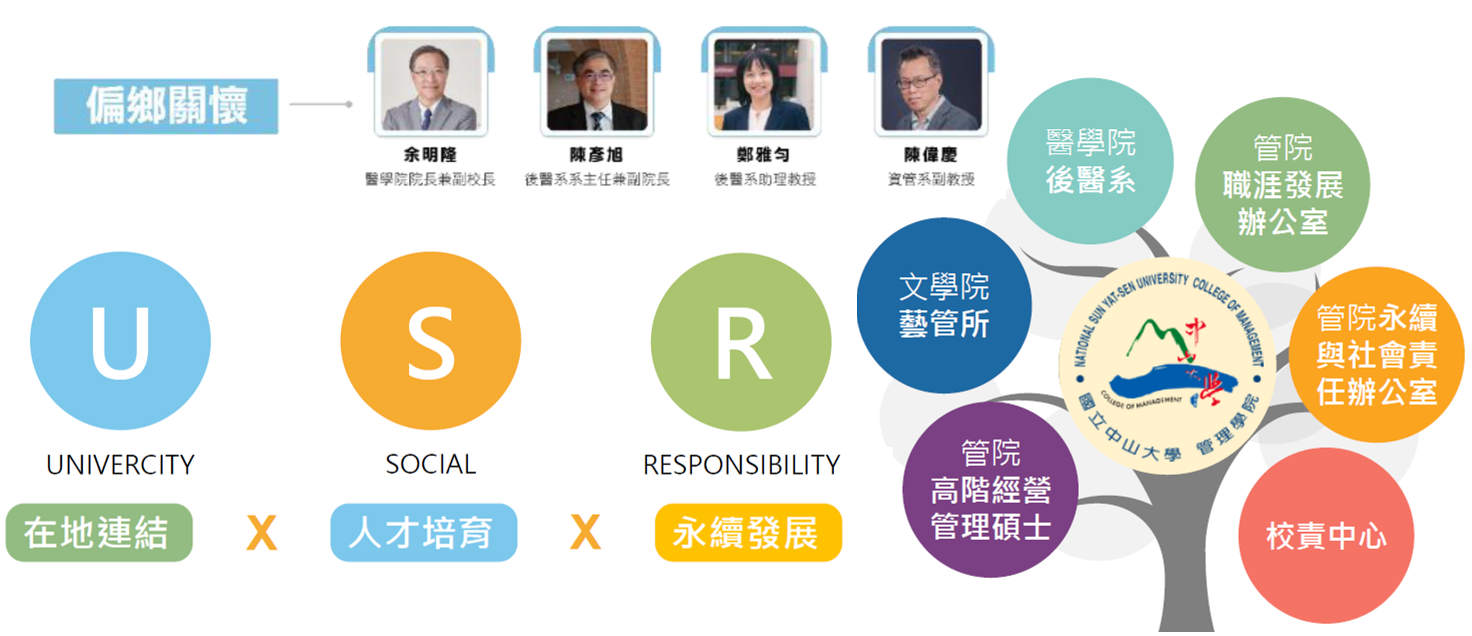
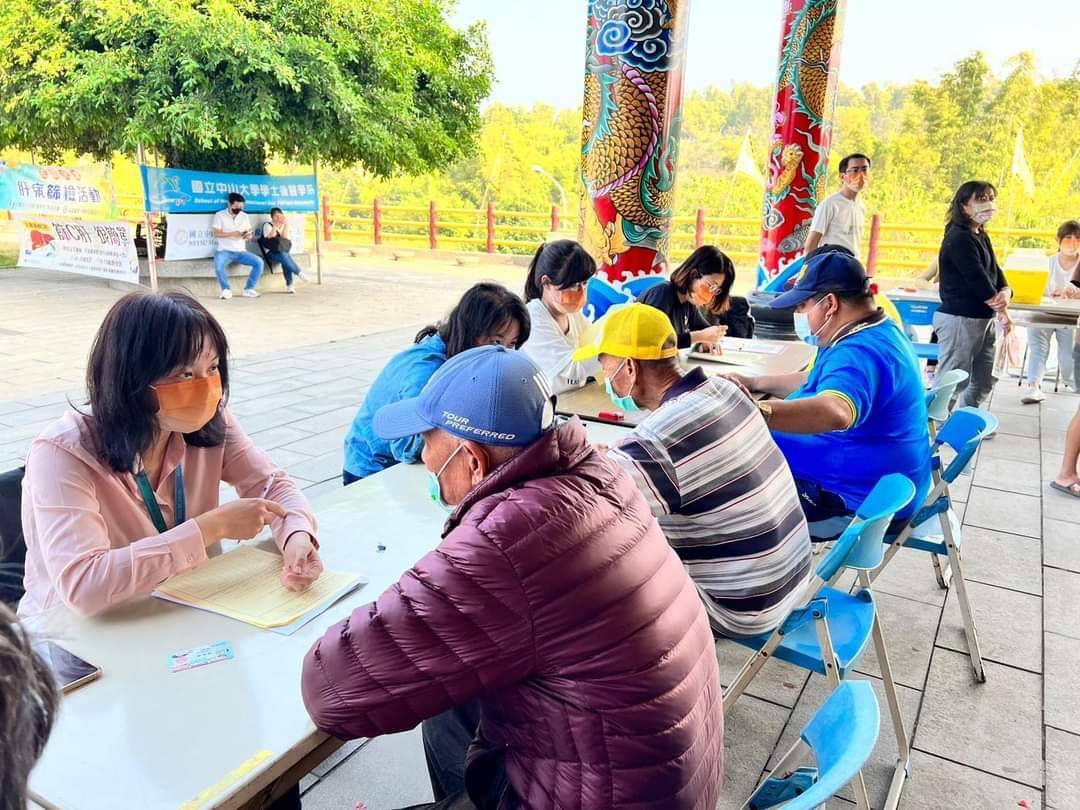
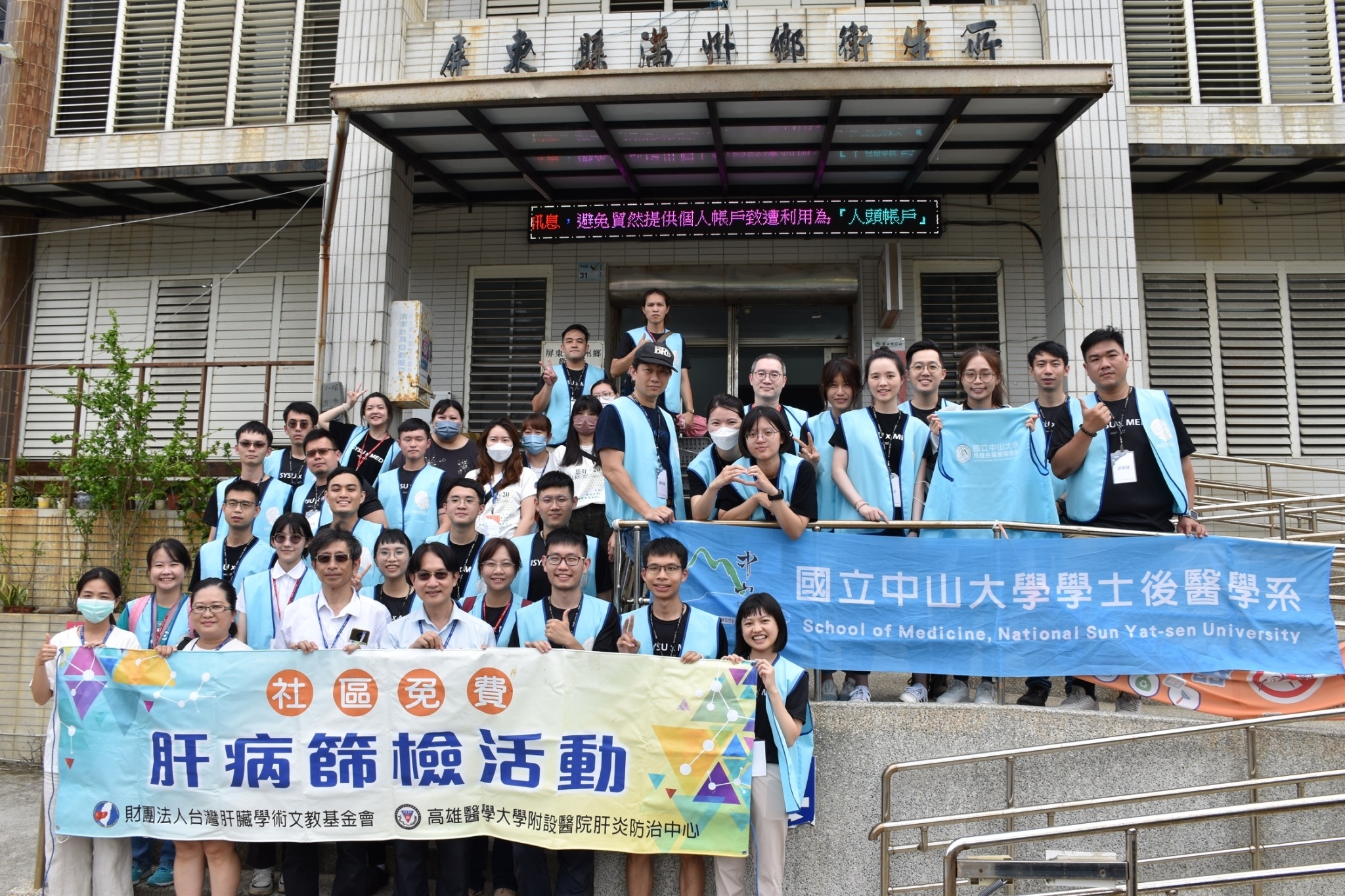



.jpg)






